- Home
- Blog
- Personal Finance
- Wire Transfer vs Bank Transfer: What's the Difference?
Wire Transfer vs Bank Transfer: What's the Difference?
Personal Finance
25 April 2025
DNBC Team
This article is a part of DNBCGroup Blog Center
Contact DNBCGroup for the technology news, tips, trends, and updates.
If you need to send or receive money from someone, you have several options to choose from. Two of the most popular methods are wire transfer and bank transfer. But what is the difference between wire transfer vs bank transfer and which one should you use?
DNBC’s experts will explain the main features, advantages and disadvantages of wire transfer vs bank transfer, and help you decide which one suits your needs better.
What is a wire transfer?
A wire transfer is a fast and secure way of sending money electronically from one bank account to another. The sender provides the recipient's name, account number and routing number, and the amount to be transferred.
The sender's bank then initiates the transfer through a network of correspondent banks until the money reaches the recipient's bank. The recipient can access the funds within a few hours or days, depending on the speed of the network and the destination country.
Wire transfers are usually used for large or urgent payments, such as buying a property, paying tuition fees or sending money abroad. Wire transfers are also irreversible, meaning that once the money is sent, it cannot be canceled or refunded by the sender or the bank.
Wire Transfer vs Bank Transfer: What's the Difference?
What are the advantages and disadvantages of wire transfer?
Wire transfers are fast and reliable
They can be completed within a few hours or days, depending on the destination and the network. This makes them ideal for time-sensitive payments or emergencies.
Wire transfers are secure and traceable
They use encryption and verification systems to protect the sender's and recipient's information and prevent fraud. They also provide a confirmation number and a receipt that can be used to track the status of the transfer.
Wire transfers are flexible and convenient
They can be done online, by phone or in person at a bank branch. They can also be sent to any bank account in any country that supports wire transfers.
However, there are some disadvantages you need to know:
Wire transfers are expensive
They usually involve fees from both the sender's and recipient's banks, as well as intermediary banks that facilitate the transfer. The fees can vary depending on the amount, currency and destination of the transfer, but they can range from $15 to $50 or more per transaction.
Wire transfers are irreversible
Once the money is sent, it cannot be canceled or refunded by the sender or the bank. This means that if there is a mistake or fraud in the transfer, such as sending money to the wrong account or falling victim to a scam, there is no way to get the money back.
What is a bank transfer?
A bank transfer is a simple and cheap way of sending money electronically from one bank account to another within the same country or region. The sender provides the recipient's name and account number, and the amount to be transferred.
The sender's bank then debits the sender's account and credits the recipient's account directly or through a clearing house. The recipient can access the funds within a few minutes or hours, depending on the bank.
Bank transfers are usually used for small or regular payments, such as paying bills, transferring money between accounts or sending money to friends and family.
Bank transfers are also reversible, meaning that if there is a mistake or fraud in the transfer, it can be canceled or refunded by contacting the bank.
What are the advantages and disadvantages of bank transfer?
Bank transfers are cheap or free
They usually involve little or no fees from either the sender's or recipient's banks, as they use existing banking infrastructure to process the transfer. Some banks even offer incentives for using bank transfers, such as rewards points or cashback.
Bank transfers are easy and convenient
They can be done online, by phone or in person at a bank branch or ATM. They can also be scheduled in advance or set up as recurring payments for convenience.
Bank transfers are reversible
If there is a mistake or fraud in the transfer, such as sending money to the wrong account or falling victim to a scam, it can be canceled or refunded by contacting the bank within a certain time frame.
In spite of the all above-mentioned advantages, there are still some following drawbacks:
Bank transfers are slow and limited
They can take up to several days to complete, depending on the bank and the clearing house. This makes them unsuitable for urgent payments or emergencies.
Bank transfers are restricted and regulated
They can only be done between accounts within the same country or region that use compatible banking systems. They may also be subject to limits on the amount, frequency and purpose of the transfer, as well as reporting requirements for tax or anti-money laundering purposes.
In general, wire transfer and bank transfer are two different ways of sending money electronically from one bank account to another. Depending on your specific needs, you can choose one of them to transfer money.
Transfer money with DNBC Financial Group
DNBC Financial Group offers various options for online transfers . These options provide customers with the flexibility and convenience to transfer funds internationally.
DNBC Financial Group offers competitive exchange rates for wire transfers, making it a cost-effective option for customers.
For customers who intend to transfer money online, DNBC Financial Group offers a user-friendly platform for transferring funds. Customers can easily set up an account and transfer funds internationally.
DNBC Financial Group also offers a range of transfer services tailored to the specific needs of businesses.
Overall, DNBC Financial Group offers a range of transfer options to suit the needs of both individuals and businesses. With competitive exchange rates and a user-friendly platform, customers can transfer funds with ease and confidence.
Your Trusted Partner
In your Digital
Journey
Free 1 - on -1 support
Free account opening fees
No hidden fees
Note: The content in this article is for general informative purposes only. You should conduct your own research or ask for specialist advice before making any financial decisions. All information in this article is current as of the date of publication, and DNBC Financial Group reserves the right to modify, add, or remove any information. We don’t provide any express or implied representations, warranties, or guarantees regarding the accuracy, completeness, or currency of the content within this publication.
Related posts
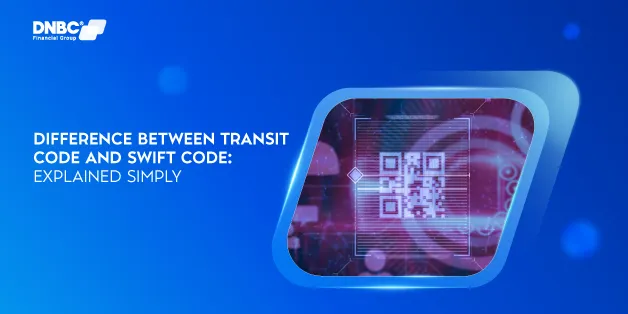
Difference Between Transit Code and SWIFT Code: Explained Simply
01 October 2025
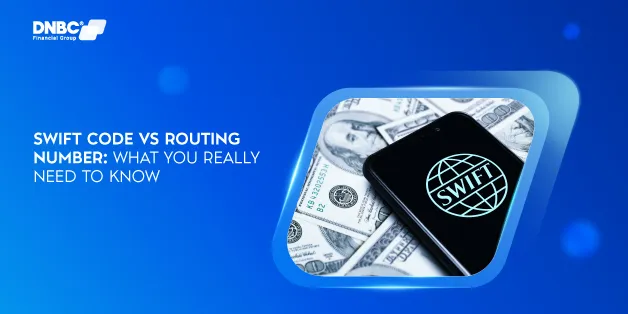
Swift Code vs Routing Number: What You Really Need to Know
01 October 2025
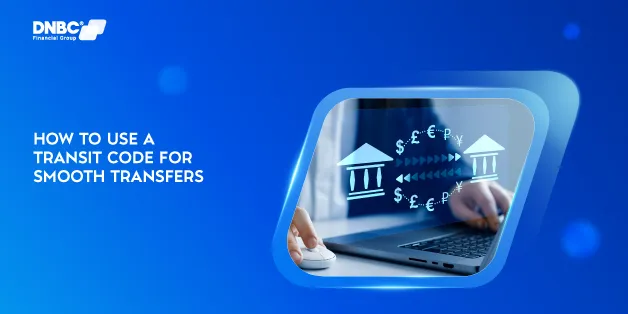
How to Use a Transit Code for Smooth Transfers
01 October 2025
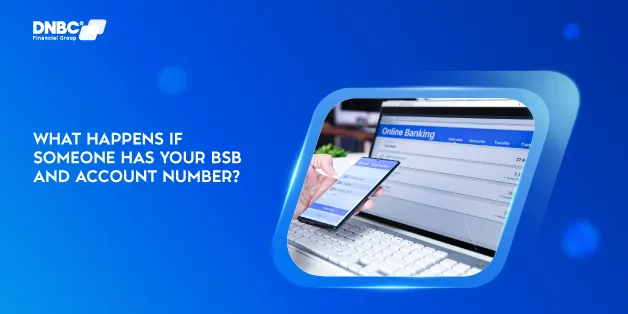
What Happens If Someone Has Your BSB and Account Number?
01 October 2025
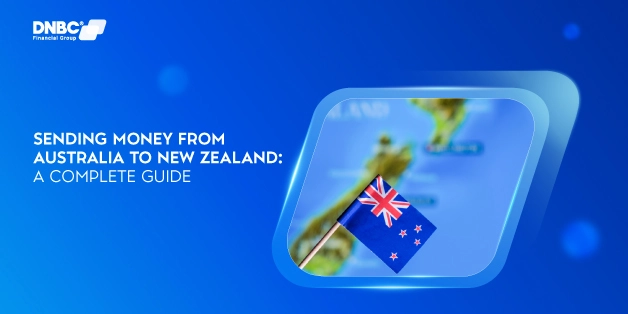
Sending Money from Australia to New Zealand: A Complete Guide
01 October 2025